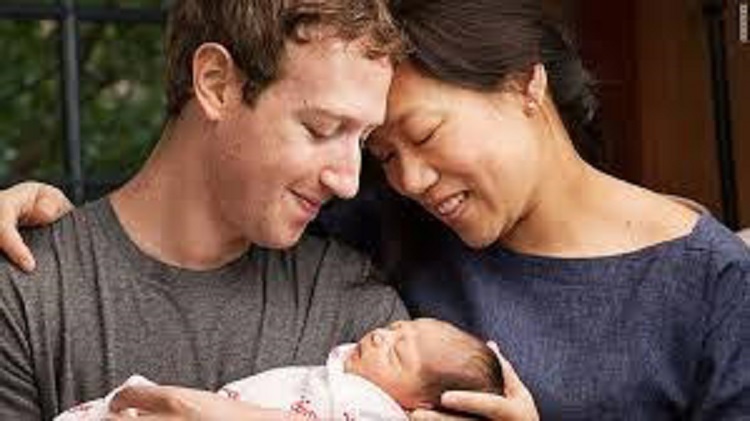Originally published in the Portland Business Journal on March 11, 2016
Mark Zuckerberg, the founder of Facebook, has pledged to put 99 percent of his stock in Facebook toward advancing human potential and promoting equality. The value of his stock currently stands at $45 billion. Zuckerberg and his wife, Dr. Priscilla Chan, launched the Chan Zuckerberg Initiative in 2009 by forming a Facebook page for CZI. From the date that the page was launched until now, Zuckerberg and Chan have donated a considerable amount of stock and cash towards supporting charitable causes.
No formal business entity was formed for CZI, however, until November 2015, just prior to the announcement of the pledge of the gift of 99 percent of his stock.
In contrast to Bill Gates, who established the Gates Foundation, Zuckerberg has established a limited liability company to accomplish his goal. Zuckerberg formed Chan Zuckerberg Initiative LLC, by filing articles of organization with the Delaware Secretary of State.
By using a limited liability company to carry out this charitable pledge, Zuckerberg is maintaining a much greater degree of privacy than if he had formed a nonprofit foundation. The use of a limited liability company to carry out a charitable pledge has surprised a number of people. Zuckerberg has not made any assertions that the company will be a nonprofit or tax-exempt entity.
Contrast the Chan Zuckerberg Initiative to the Gates Family Foundation. The Gates Foundation must file an annual tax return. The return is publicly available. As such, anyone can review this return and discover the salaries paid to key executives, contributions made to the Foundation, and grants made by the Foundation.
None of this information will be publicly available with regard to Chan Zuckerberg Initiative’s operations.
In addition to the increased privacy, Chan Zuckerberg will also avoid the hassle of filing the return. This is a significant benefit, especially when the 2014 Gates Foundation tax return is more than 1,000 pages.
Zuckerberg has taken several steps to maintain his control over the stock. Facebook stock is divided into Class A common stock and Class B common stock. The rights of the holders of Class A common stock and Class B common stock are identical, except voting and conversion rights.
Each share of Class A stock is entitled to one vote. Each share of Class B common stock is entitled to 10 votes. Only the Class A stock is publicly traded. Dual-class capital structures can serve to entrench certain shareholders and management, insulating them from possible takeovers or other external influence or action.
In addition to owning a large percentage of the Class B stock, Zuckerberg entered into voting agreements with other Class B shareholders. These voting agreements, combined with Zuckerberg’s ownership of Class B stock, allow Zuckerberg to control approximately 55 percent of the votes.
Zuckerberg is primarily donating shares of stock in Facebook Inc., rather than cash, thus avoiding the recognition of capital gain on the sale of his stock. Prior to the initial public offering of Facebook stock in 2012, Zuckerberg made donations of cash to nonprofit organizations.
To do so, he had to first sell the stock and the sale of the stock would increase his tax bill. Now that Facebook is publicly traded, Zuckerberg has typically donated stock, rather than cash, to nonprofit entities.
In doing so, Zuckerberg avoids recognizing any capital gain on the stock, thus decreasing his tax bill.
In summary, by careful planning, Zuckerberg should be able to maintain his majority voting position in Facebook for the foreseeable future, all while maintaining a large degree of privacy with regard to his charitable contributions.

